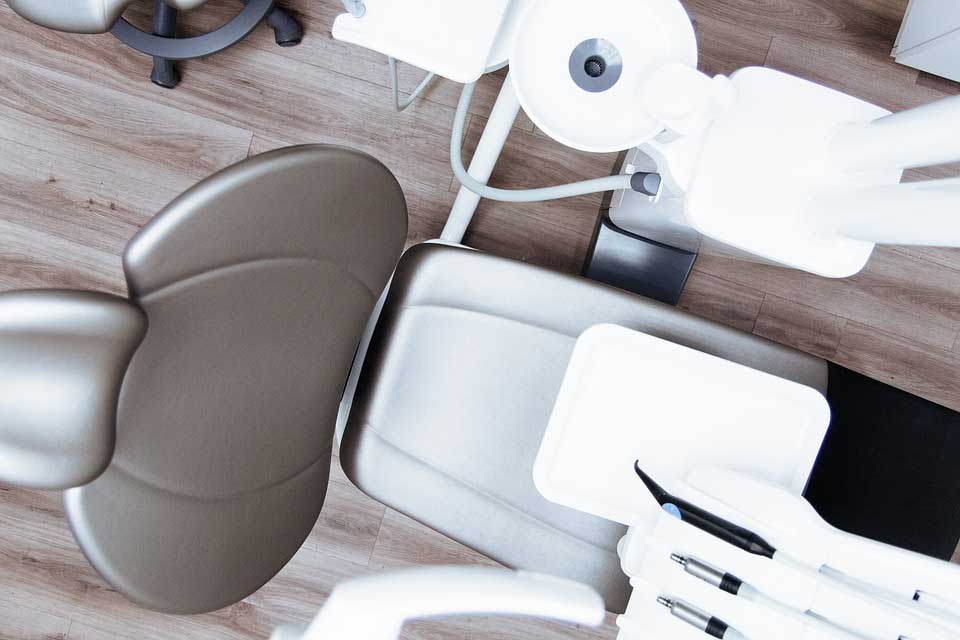Dental negligence can have serious consequences for patients, leading to both physical and emotional distress. When dental professionals fail to meet the standard of care expected in their field, patients may be entitled to pursue dental negligence claims. In this article, we explore some of the most common dental negligence cases, shedding light on the importance of understanding your rights and seeking compensation for any harm caused.
Misdiagnosis and Delayed Diagnosis
One dental negligence claim we see often, is misdiagnosis or delayed diagnosis of oral conditions. When dentists fail to identify issues such as cavities, gum disease, or oral cancers in a timely manner, it can result in more severe consequences for the patient. Timely diagnosis is crucial for effective treatment and preventing the progression of dental problems.
Misdiagnosis or delayed diagnosis of serious oral conditions, such as mouth cancer, can have life-changing consequences for patients. Oral cancer is a potentially lethal disease, and early detection is critical for successful treatment. When dental professionals fail to recognise the signs or symptoms of mouth cancer promptly, it can lead to the following devastating outcomes.
Misdiagnosis of mouth cancer can lead to advanced progression of the disease. Mouth cancer is known for its aggressive nature, and delayed diagnosis allows the disease to advance. As a result, patients may face more extensive and invasive treatments, including radical surgeries, extensive radiation therapy, or chemotherapy.
Timely diagnosis increases the range of treatment options available to patients. However, a delayed diagnosis may limit the effectiveness of certain treatments, reducing the chances of successful outcomes. Patients may be left with fewer alternatives, potentially impacting their quality of life and long-term prognosis.
Mouth cancer, when detected in its early stages, often has a higher chance of successful treatment and a more favourable prognosis. On the other hand, delayed diagnosis increases the risk of mortality, as the disease may reach an advanced stage, making it more challenging to manage or cure.
The emotional toll of a delayed or misdiagnosis of a serious condition is immense. Patients may experience heightened anxiety, depression, and a sense of helplessness, knowing that their prognosis could have been much better with timely intervention.
Surgical Errors
Surgical procedures, such as extractions, root canals, or dental implants, carry inherent risks. However, when dental professionals make mistakes during these procedures, patients can suffer unnecessary pain, complications, or permanent damage. Common surgical errors include nerve damage, wrong tooth extraction, and improper placement of dental implants.
Inadequate dental surgical procedures can have a significant impact on a patient’s life. Take our client for example for suffered negligence through improper placement of her dental implants and as a result received £57,000 in compensation. Due to this malpractice our client experienced pain, suffering and loss of amenity and requires extensive remedial treatment. This will cause further pain and suffering, which could have been avoided.
As well as the physical implications of the negligence she suffered, our client suffered significant psychological impacts which resulted in her avoiding family and friends and losing her confidence. This meant that she was unable to find full time employment.
Medication Errors
Prescribing the wrong medications or administering incorrect dosages can have adverse effects on a patient’s oral health. Dental negligence claims may arise when patients experience allergic reactions, complications, or prolonged discomfort due to medication errors by dental professionals.
One of the primary risks associated with medication errors is the chance of adverse reactions or allergic responses. Patients may experience unexpected side effects, ranging from mild discomfort to severe allergic reactions that can compromise their respiratory or circulatory systems.
Incorrectly prescribed or administered medications may fail to alleviate pain or discomfort effectively. This can lead to prolonged suffering for the patient, negatively impacting their quality of life and impeding their ability to perform daily activities.
In cases of chronic dental conditions, such as periodontal disease, the incorrect use of medications may hinder long-term management and control. This can result in the progression of the disease, causing irreversible damage to the teeth and supporting structures.
Lack of Informed Consent
Patients have the right to be fully informed about the risks, benefits, and alternatives of any dental procedure before giving their consent. Failure to provide adequate information regarding potential risks and complications can lead to claims of inadequate informed consent, especially if patients suffer unexpected consequences.
The consequences of a lack of informed consent in dental procedures can affect patients in various ways. When dental professionals fail to adequately inform patients about the risks, benefits, and alternatives of a particular treatment or procedure, it can lead to several negative outcomes. Firstly, patients may undergo procedures without fully understanding the potential complications, leaving them unprepared for unexpected outcomes. This lack of awareness can result in heightened anxiety, stress, and emotional distress. In cases where complications arise, patients may feel violated and betrayed, breaking the trust essential to the dentist-patient relationship.
Orthodontic Negligence
Orthodontic treatments, such as braces or aligners, require careful planning and monitoring. Claims may arise if orthodontic professionals fail to identify issues, mismanage treatment plans, or neglect necessary adjustments, leading to prolonged treatment, complications, or unsatisfactory results.
Infections and Cross-Contamination
Maintaining a sterile and safe environment is crucial in dental practices. Infections resulting from poor hygiene practices or inadequate sterilization of equipment can lead to serious health issues. Patients who suffer from infections due to dental negligence may be entitled to compensation.
Pursuing a dental negligence claim
If you believe that you have experienced any sort of dental negligence and this has led to harm or injury can could have been avoided, you may be able to claim for compensation. At Patient Claim Line, we have extensive experience in handling a range of dental negligence claims.
Regardless of being treated under the NHS or a private dentist, our expert solicitors can support you. Contact Patient Claim Line today, and we will assess your dental negligence claim on a no win no fee basis.

